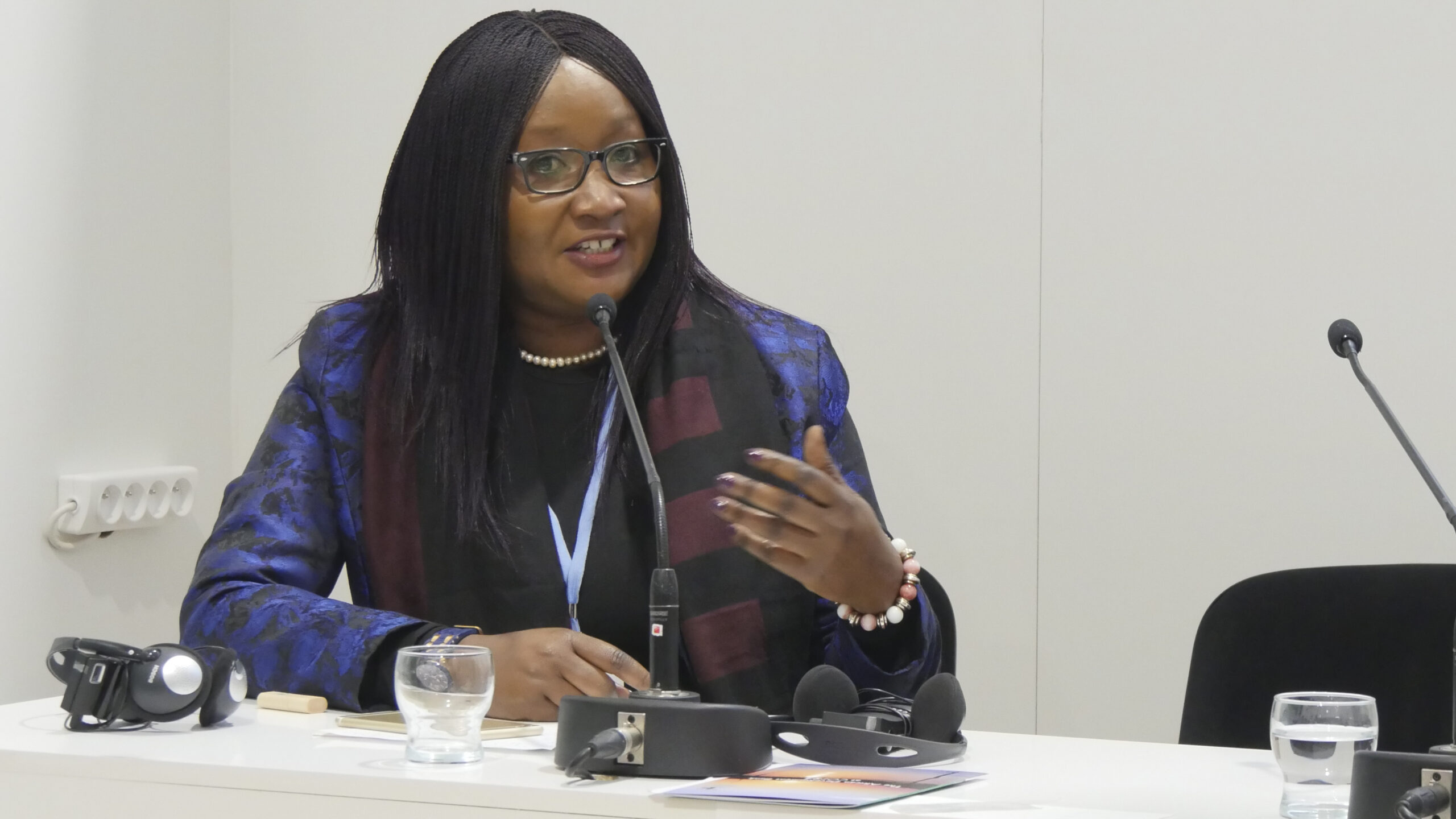At the recently concluded third South Summit (G-77 + China) in the Ugandan capital of Kampala, UN Secretary-General Antonio Guterres urged nations to harness new technologies to accelerate progress towards achieving the Sustainable Development Goals.
Halfway through the 2030 deadline for realizing the goals, several G-77+China Bloc countries — which helped shape the UN open working report on sustainable development and proposed concrete SDGs ahead of the 2012 UN Conference on Sustainable Development in Rio de Janeiro, Brazil — remain behind schedule.
Guterres said he had proposed an SDG Stimulus of 500 billion dollars a year in affordable, long-term finance for sustainable development and climate action in developing countries and added that initiatives like the Global Digital Compact, which he proposed in his Common Agenda, could accelerate progress towards the SDGs for nations in the Bloc.
“The Global Digital Compact initiative aims to ensure that no one is left behind in a new technological era,” Guterres said during the Summit, whose theme was Leaving No One Behind.
‘Progress on poverty and hunger is stalling’
He noted, however, that half of the world was left behind and that new technologies like Artificial Intelligence, while having enormous potential for good, were also exacerbating inequalities.
“Progress on poverty and hunger is stalling and, in some countries, going into reverse. Many G-77 members are grappling with an economic hangover from the Covid-19 pandemic, crippling debts, a cost-of-living crisis and sky-high borrowing costs. Climate disasters most of you did little to create are knocking chunks out of your economies and increasing people’s suffering,” he said.
Regarding AI, Guterres said he established a High-Level Advisory Body on Artificial Intelligence last year, and it had already made preliminary recommendations on global AI governance, including the objective of accelerating the SDGs. He also disclosed that a new Scientific Advisory Board was working to ensure scientific breakthroughs are shared equally.
This year, as the Bloc, which works towards a more equitable global order and is the UN’s largest intergovernmental group of developing countries, marked its 60th anniversary, Uganda’s President Yoweri Museveni assumed its chairmanship.
Hold developed countries accountable for climate justice
Museveni emphasized that while the Bloc had made progress in defending and advancing developing countries’ interests, as evidenced by its growing global GDP contribution, challenges remained.
“Overall, progress towards the SDGs as agreed upon at the Heads of State and Government meeting in September 2015 in New York falls short of expectations, with developing countries lagging far behind,” he said and added that effective actions to accelerate the implementation of the 2030 Agenda for the SDGs during the remaining seven years were needed. “Uganda remains committed to the pledge of leaving no one behind. We have accelerated our efforts to implement the 2030 Agenda for the SDGs. We firmly believe that accelerating progress towards their full implementation is critical to the country’s national aspirations to ensure that no one is left behind.”
In addition to urging cooperation among the G-77 to tackle the climate crisis, Guterres urged them to hold developed countries accountable for climate justice and lead a just and equitable transition based on the phaseout of fossil fuels and investments in renewable energy.
“The very existence of several countries depended on limiting global temperature rise to 1.5 degrees Celsius in line with the principle of common but differentiated responsibilities and respective capabilities in light of different national circumstances. The Loss and Damage Fund adopted at the 2022 UN Climate Change Conference is a step forward and a testament to the power of the Global South,” Guterres said.
“But we must call for meaningful contributions that have not yet been announced. We must also advocate for an ambitious new financial goal for the future at COP29. And we must not forget that the just and equitable energy transition includes producing and trading critical minerals in a fair, sustainable way that maximizes the benefit to developing countries.”

The Director of the UN Environment Programme’s Regional Office for Africa, Dr Rose Mwebaza, told the media that the operationalization of the Loss and Damage Fund at COP28 would help developing nations in both preparing their communities for the already-occurring effects of climate change and handling the inevitable losses.
“There has been a yearning to make it operational, but governments should consider various financial options. The good news is that there were discussions during the Summit on building up the capacity for domestic resource mobilization and managing the remittance process.”
Reform the global financial architecture
Guterres pointed out that September’s Summit of the Future, which aims to reform and revitalize multilateralism so that it works for everyone, everywhere – and meets the challenges of today – would be a generational opportunity for countries to find common solutions to global challenges.
“It is a chance to create the conditions for countries to achieve the SDGs and to find consensus on frameworks to address new challenges. We rely on the G77 plus China to make the Summit of the Future a success,” he said.
The Summit of the Future will also consider ways to reform the global financial architecture, which many analysts in the G-77 Bloc believe is outmoded and not responsive to today’s global challenges and the needs of developing countries.
_______________________________________________________________________________________________
Richard Wetaya is a Uganda-based, award-winning freelance multimedia journalist specializing in science, environment, health, and education reporting.
